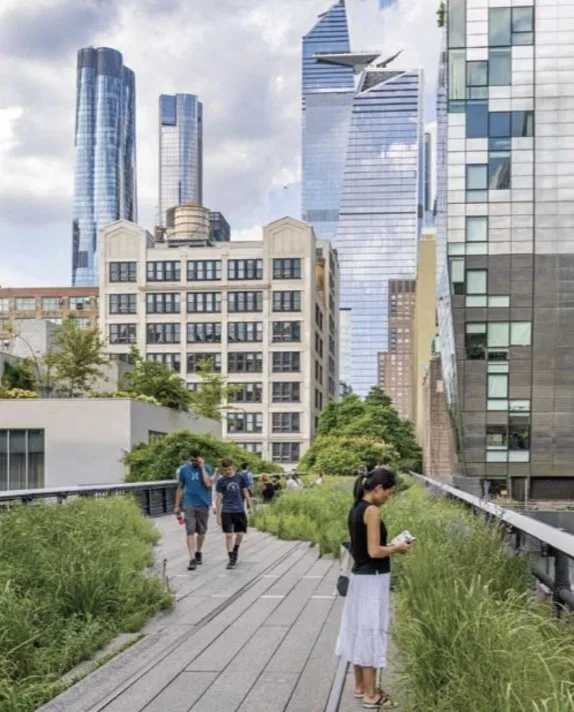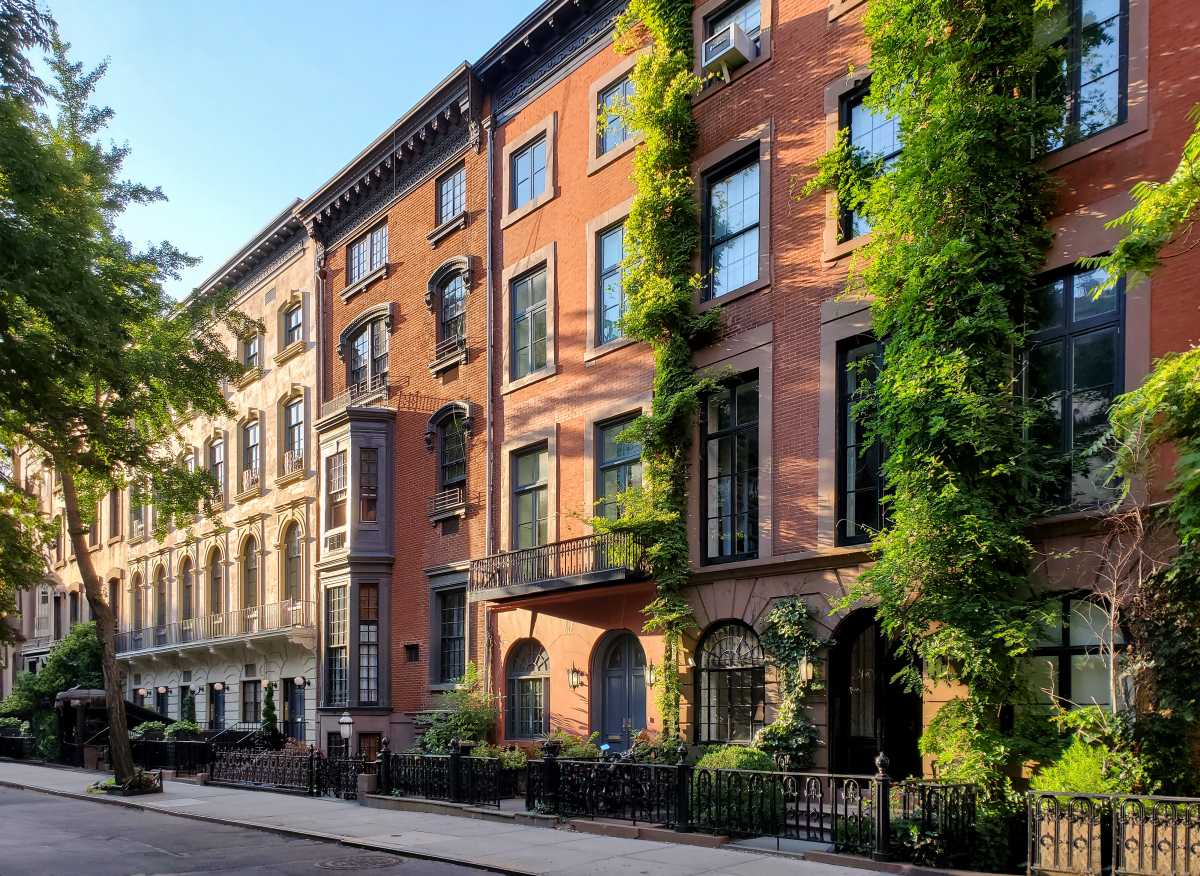
Protecting hundreds of playgrounds on school grounds will be anything but a walk in the park unless the city rethinks how it classifies them, advocates say.
Parks proponents urged city lawmakers to treat some 265 jointly operated playgrounds (JOPs) as parkland during a Monday hearing on the green spaces, which are part of the city Department of Education’s portfolio, but maintained by municipal park staff and open to the public when class is not in session.
Three organizations — The Municipal Art Society of New York, New Yorkers for Parks and the Trust for Public Land — warned lawmakers that the city’s decision not to treat an East Harlem JOP as traditional parkland could foreshadow how it handles others.
“If JOPs across the City of New York were to have air rights today — if by some wave of the magic wand, they were to have development rights — they would represent somewhere between 20 and 40 million square feet of development rights that aren’t currently on the books, which is 10 Empire State Buildings,” said Elizabeth Goldstein, president of the Municipal Art Society, before noting that the organization only considers 20 such sites to have as much risk of being targeted for redevelopment as the Marx Brothers Playground.
“That assumption of the development rights actually makes them vulnerable to loss as open space for both school children and the local community.”
The city Department of Planning said JOPs have always had development rights.
Matt Drury, the city Parks Department’s director of government relations, said the agency is “comfortable” with the JOP model. And designating the playgrounds as parkland may not make sense because the current arrangement offers the city the flexibility to more easily seize the spaces for unmet educational needs, according to William Estelle, executive director at the city Department of Education’s Division of School Facilities.
“They look at these sites to accommodate the additional seats that are greatly needed in a lot of our areas,” Estelle said.
The parks proponents picked apart the way the city has handled Marx Brothers Playground, located between First and Second avenues and East 96th and 97th streets.
They said the open space was not treated like parkland when the city assigned it development rights, which the city agreed to sell to AvalonBay Communities in 2017. City and state officials guided the property through the parkland alienation process, the formal procedure that allows parkland to be used for other purposes, advocates said.
In this case, officials granted AvalonBay Communities consent to develop 1,200 apartments, retail space and three new schools, while constructing a replacement playground in the center of the complex. There is no guarantee of a playground at the site during the anticipated five years of construction work, according to City Council documents. AvalonBay Communities did not respond to a request for comment.
The three organizations have joined neighborhood groups in challenging the redevelopment plan in court, which Goldstein said is scheduled to hear oral arguments on the matter in December.
“The city sent a mixed message,” said Lynn Kelly, executive director of New Yorkers for Parks. “We’re here to say we need to have a true public dialogue and a true public process when what is very scarce — existing open space — is right now under threat.”
City officials at the hearing said they could not discuss Marx Brothers Playground at length due to the lawsuit. The city’s Law Department also declined to comment on the advocates’ argument.
Amid all the controversy, Gov. Andrew Cuomo tasked Rose Harvey, commissioner of the State Office of Parks, Recreation and Historic Preservation, with reviewing whether Marx Brothers Playground was parkland, according to City Council documents. The parks advocates have urged Harvey to also examine the status of other JOPs in the city. The State Office of Parks, Recreation and Historic Preservation did not respond to inquiries about its review.
Patrons of Marx Brothers Playground said it was one of few open spaces in the area. The redevelopment plan will only make the already difficult task of finding field space for soccer games more complicated, according to Mike Croft, a Simply Sports coach who has relied on the playground for six years.
“It’s a shame,” said Croft, 36. “It just narrows your opportunities more.”
Natasha Koffman, 40, who brought her 9-year-old to Marx Brothers to play soccer Monday, described it as a community space.
“It’s one of those experiences where as a kid, you can come play soccer, and if there’s another kid in the park, they can stay and play together, that you don’t normally encounter in the city,” Koffman said.
With Allegra Hobbs





































